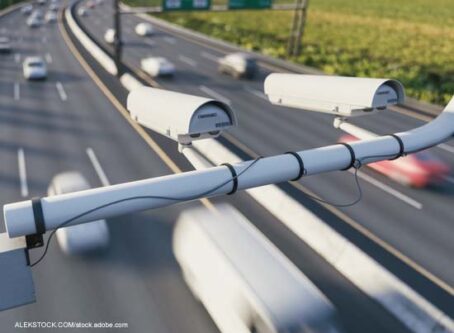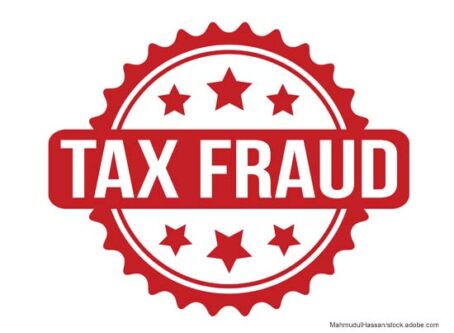Ticket cameras approved in Illinois, advance in California
Action continues at statehouses that cover the use of ticket cameras.
Federal guidance from early 2022 authorizes states to tap billions for roadway safety programs. As a result, state lawmakers across the country have either adopted or taken up pursuit of legislation covering automated cameras. So far this year, legislators in at least eight states have acted on the topic.
The technology has been touted by the U.S. Department of Transportation as one tool to aid in reducing traffic fatalities.
The agency states that “automated speed enforcement, if deployed equitably and applied appropriately to roads with the greatest risk of harm due to speeding, can provide significant safety benefits and save lives.”
Ticket camera use
The use of red-light and/or speed cameras to nab drivers who disobey traffic rules are used in more than 500 communities across the nation, the Insurance Institute of Highway Safety reports.
Officials with the Owner-Operator Independent Drivers Association say the focus on the revenue-generating devices ignores the more logical and reasoned approach to roads and traffic: keep traffic moving in as safe a manner as possible.
Illinois
The state of Illinois is the most recent state to act on the use of automated enforcement.
There are 68 locales around the state that use red-light cameras, the Insurance Institute for Highway Safety reports. The city of Chicago has red-light cameras and speed cameras. Additionally, speed cameras are permitted in work zones.
Concern about corruption tied to automated enforcement led state lawmakers to approve legislation that is intended to rein in abuses. Gov. JB Pritzker has since signed into law the bill to establish “ethical guidelines” to address ongoing concerns about the cameras’ use.
Previously HB3903, the new law prohibits campaign contributions from contractors who provide the automated traffic enforcement equipment to any political action committee created by a contractor and any affiliates.
“We have seen numerous bad actors throughout local and state government,” Sen. Bill Cunningham, D-Chicago, said in a previous news release. “This legislation will put roadblocks in place to ensure that bad actors are punished for their crimes.”
Additionally, a county or municipality is forbidden to change the yellow light interval at an intersection up to six months before automated cameras are posted at the affected intersection.
One more provision authorizes the Illinois DOT to revoke any permit for red-light cameras if any official or employee who serves that county or municipality is charged with bribery, official misconduct or a similar crime related to the use of ticket cameras.
California
In California, the Senate Appropriations Committee is the most recent panel to advance a bill that would expand the state’s authority to use automated ticket cameras.
The Golden State already authorizes the use of red-light cameras. The ticketing tool is used in more than 30 areas around the state. Speed cameras, however, are prohibited.
The revised bill would authorize a five-year pilot program to utilize speed enforcement cameras in areas described as “safety corridors.” Areas covered include those with a high number of crashes, where street racing events are common and in school zones.
Freeways and expressways are excluded.
AB645 would apply to the cities of Glendale, Los Angeles, Long Beach, Oakland, San Jose and the city and county of San Francisco.
Locales could operate up to 125 cameras. The number of cameras permitted would be based on population.
Warnings would be issued to violators for the first 60 days. After that, fines for exceeding the posted speed by 11 to 15 mph would be $50. Escalating fines would top out at $500 for traveling at least 100 mph above the posted speed.
First-time violators traveling 11 to 15 mph over the posted speed would receive warnings.
Ticket revenue would be used to administer the program and pay for “traffic calming measures.”
Supporters say use of the enforcement tool makes travel safer. They add that it reduces police interactions with drivers while maintaining driver accountability.
Opponents include the Western States Trucking Association. The group previously told lawmakers AB645 is “excessively overbroad” for a pilot program.
“It authorizes an undefined number of speed cameras to enforce any speed law, either through a fixed or mobile radar or laser system or any other electronic device, within six California cities.
AB645 awaits further consideration in the Senate. If approved there, it would head back to the Assembly for approval of changes. LL









